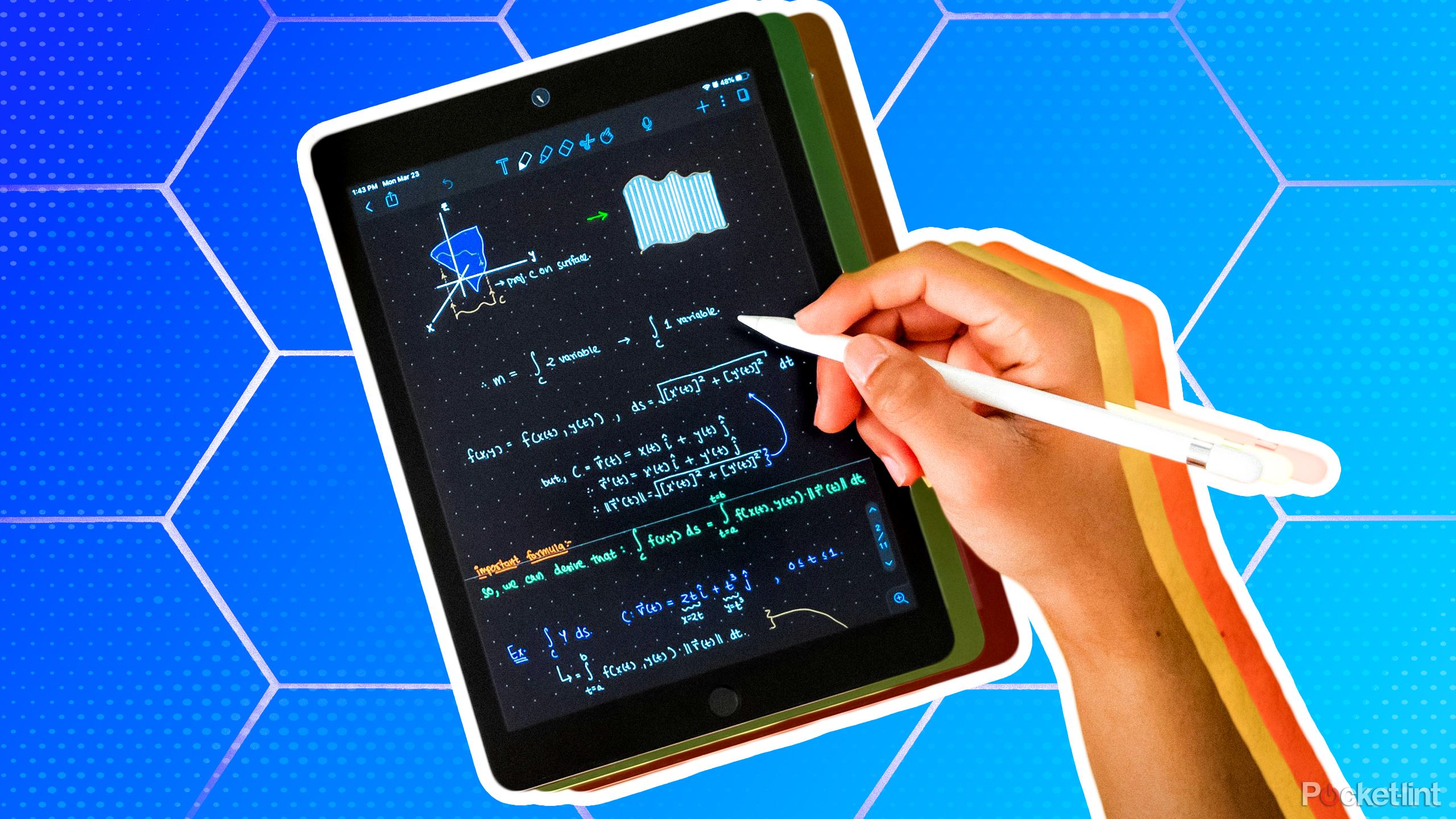Signal is adding quantum-level encryption to help keep customers safe
Secure messaging platform Signal has announced commitments to keep users safe against quantum-level attacks, beginning with an upgrade to its protocol to protect its end-to-end encryption further.
In an update, Signal CTO Ehren Kret said the “layer of protection” would protect “against the threat of a quantum computer being built in the future that is powerful enough to break current encryption standards.”
Quantum computing promises to pose a very real threat to encryption in the future, and Signal’s commitment to build in quantum-level protection is a testament to its focus on security.
Signal is preparing for quantum computing
Signal has grown in popularity in recent years amid concerns over less secure messaging services thanks to its end-to-end encryption, which promises to keep unwanted eyes out of personal messages.
It’s also a firm favorite among those concerned about cybersecurity and their digital footprints as it is a standalone product – WhatsApp, for example, forms part of the much larger Meta portfolio.
While quantum computing is far from a global reality, it does pose the very real threat of solving problems much more quickly than classical computing, meaning it could crack encryption keys in a comparably short space of time.
Kret added: “Although quantum computers already exist, the systems known to exist today do not yet have enough qubits to pose a threat to the public-key cryptography that Signal currently uses.”
It’s unclear how far away powerful quantum computers could be, but Signal does at least see them as a “real and growing risk,” hence the early preparation.
Post-quantum cryptography continues to be an area that requires huge amounts of work, but Signal has certainly earned itself even more trust among fans as concerns about digital privacy continue.
More from TechRadar Pro
We’ve rounded up the best identity theft protection toolsDownloaded something dodgy? Here’s the best malware removalGoogle says it can make security keys unbreakable by quantum computers







